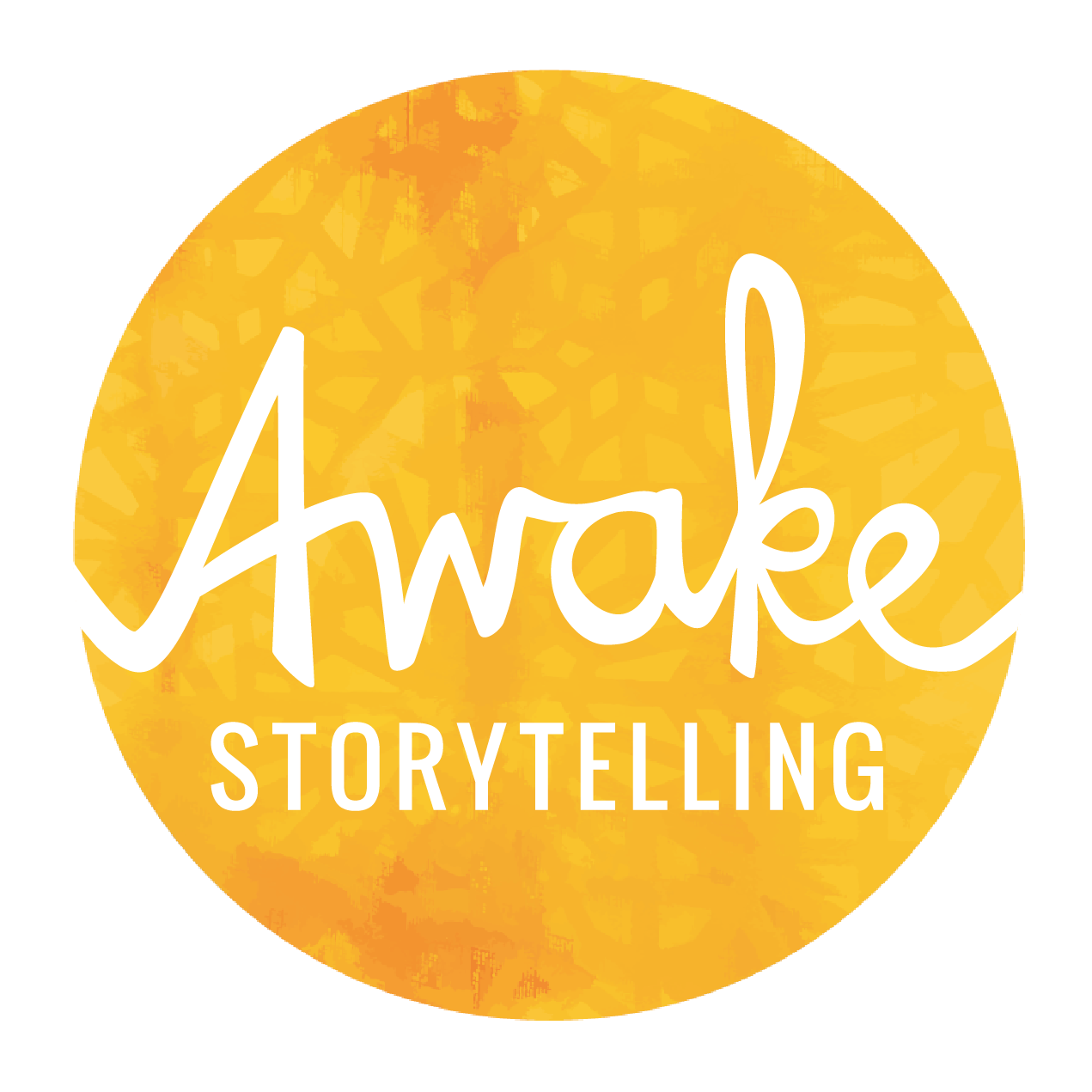Storytelling is one of the most powerful tools nonprofits have to mobilize resources, build movements, and create lasting change. But effective storytelling requires intention, strategy, and a commitment to narratives that center justice and collective liberation. If you want to ensure your storytelling fuels real impact, start by asking yourself these ten questions:
1. Who is centered in our stories?
Are we elevating the voices and experiences of impacted communities, or are we prioritizing the perspectives of donors, funders, or staff? True impact comes from stories that empower communities rather than frame them as passive recipients of aid.
2. What systems of oppression shape the experiences in our stories?
Are we naming capitalism, white supremacy, patriarchy, and colonialism as the root causes of injustice, or are we depoliticizing our narratives? To create real change, our stories must expose and challenge systemic harm.
3. Are we portraying people with dignity, agency, and complexity?
Are we avoiding pity-driven narratives that reduce people to their suffering? Impactful storytelling presents people as whole, nuanced individuals who are active participants in shaping their own futures.
4. What emotions are we evoking—and why?
Are we relying on guilt or sadness to drive donations, or are we cultivating a sense of solidarity, hope, and urgency? The emotions we invoke should move people toward action that aligns with justice, not charity.
5. How does our storytelling invite people into collective action?
Are we offering clear pathways for engagement beyond financial contributions? Impactful stories mobilize people to organize, advocate, and commit to systemic change—not just donate and disengage.
6. Are we accountable to the communities we represent?
Have we sought input and consent from the people whose stories we are telling? Ethical storytelling requires accountability and transparency, ensuring that narratives serve the interests of the communities at the center of our work.
7. Are we reinforcing a scarcity mindset or an abundance mindset?
Are we framing our work as a desperate struggle for limited resources, or are we showing how collective action can create abundance? Moving beyond a scarcity mindset helps shift narratives toward empowerment and systemic change.
8. How do our stories align with movement-building efforts?
Are we connecting our storytelling to broader movements for justice, or are we operating in isolation? Effective nonprofit storytelling strengthens and uplifts the organizing work already happening on the ground.
9. Are we challenging harmful dominant narratives?
Are we countering mainstream stories that justify oppression, or are we inadvertently reinforcing them? Storytelling should disrupt harmful myths and seed liberatory visions of what is possible.
10. What impact are our stories actually having?
Are we measuring our storytelling’s effectiveness beyond short-term fundraising metrics? The true impact of a story lies in how it shifts culture, mobilizes resources for justice, and strengthens long-term movements.
Moving Forward
By asking these ten questions, nonprofit marketing managers can ensure their storytelling is not just compelling but also transformative. When we tell stories with intention, integrity, and a commitment to justice, we don’t just raise money—we build power, shift narratives, and help create a world where everyone has what they need.
At Awake Storytelling, we help nonprofits craft videos that do exactly that. Ready to expand your impact through ethical, movement-centered storytelling? Let’s talk.
